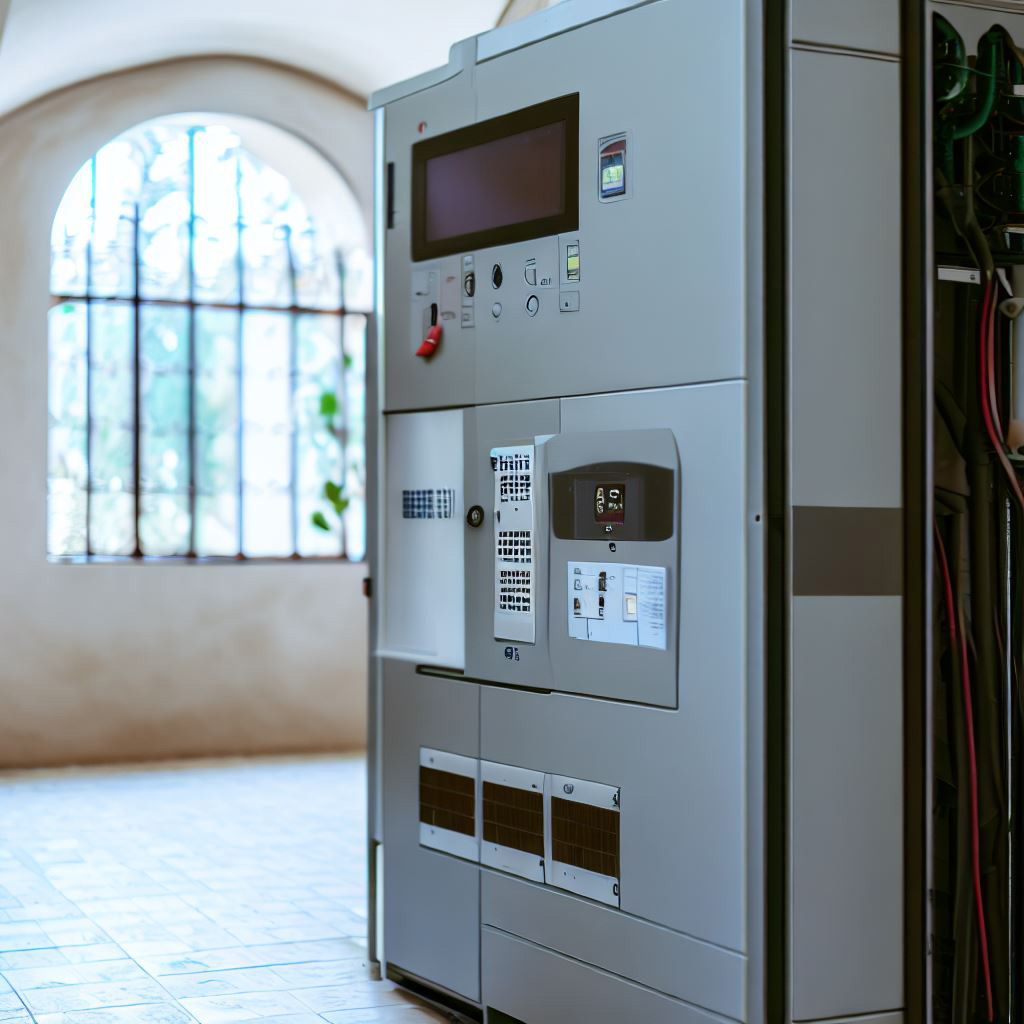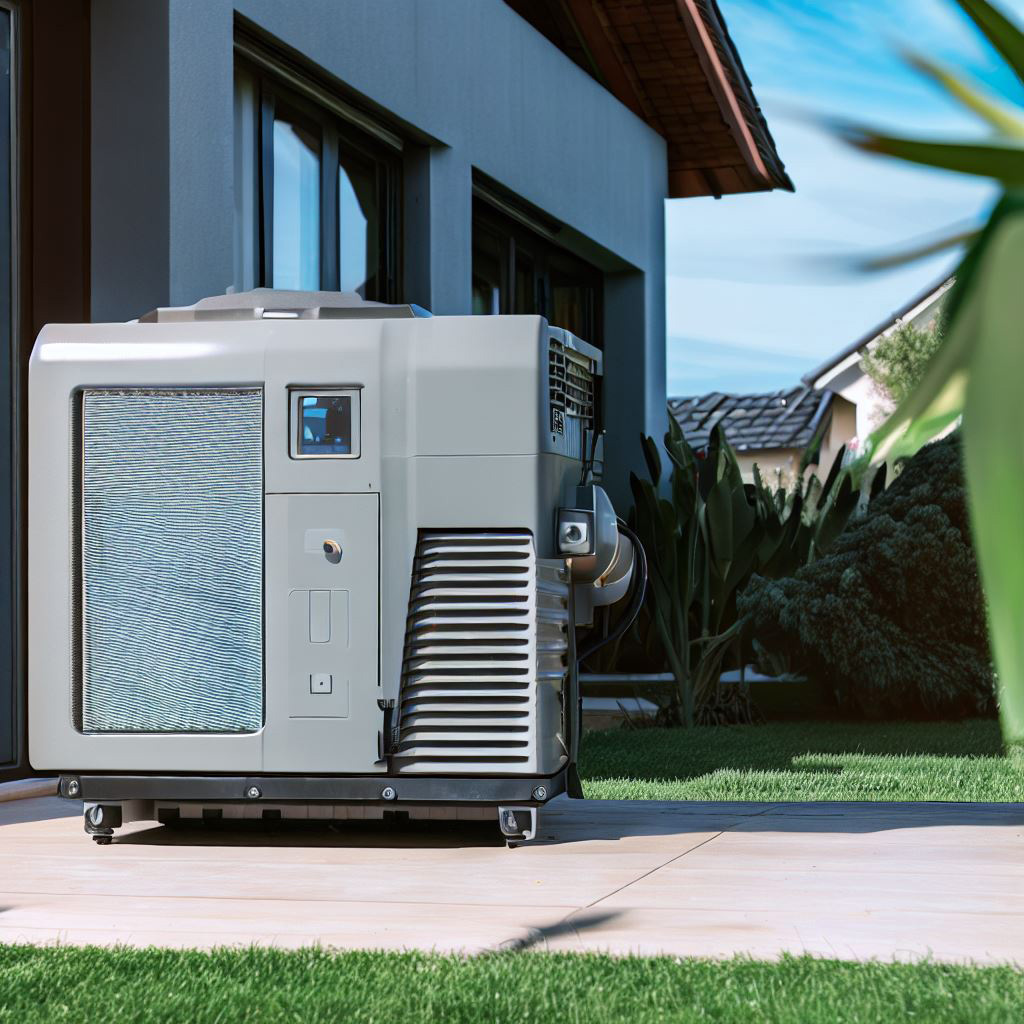Inverter vs Generator
Title: Inverter vs. Generator: Making the Right Choice for Power Backup
In a world that relies heavily on electricity, power outages can be a major inconvenience. Whether you need a backup power source for your home, office, or outdoor adventures, two popular options come to mind: inverters and generators. Each has its own set of benefits and drawbacks, and choosing the right one depends on your specific needs and circumstances. In this article, we’ll compare inverters and generators, exploring their advantages and limitations to help you make an informed decision.

Inverters: Quiet, Efficient, and Environmentally Friendly
Benefits:
- Silent Operation: One of the most significant advantages of inverters is their quiet operation. Unlike generators that can produce loud noise, inverters run almost silently. This makes them ideal for residential areas, campsites, and other noise-sensitive environments.
- Fuel Efficiency: Inverters are highly fuel-efficient, thanks to their ability to adjust their power output according to the load. They consume less fuel and can operate for extended periods on a single tank, saving you money in the long run.
- Clean Power: Inverters produce a stable and clean power output, making them suitable for sensitive electronic devices. You won’t have to worry about voltage fluctuations damaging your computers, smartphones, or other electronics.
- Environmentally Friendly: Inverters are more eco-friendly due to their lower emissions and reduced fuel consumption. They are a greener choice, particularly if you’re concerned about carbon footprint and air quality.
Drawbacks:
- Limited Output: Inverters have a limited power output compared to generators. They are best suited for powering essential appliances and devices rather than large appliances or entire homes.
- Initial Cost: Inverters can be more expensive upfront than some portable generators. However, their long-term savings on fuel and maintenance costs may offset the initial investment.
- Battery Life: If you’re using an inverter with a battery, its runtime is limited by the battery’s capacity. You may need to recharge or replace the battery regularly for extended use.

Generators: Robust Power Source with Some Trade-offs
Benefits:
- High Power Output: Generators are capable of providing a high power output, making them suitable for running heavy-duty appliances and even powering entire households during outages.
- Versatility: They come in various sizes and types, from portable units to standby whole-house generators, offering flexibility to meet different power needs.
- Longer Runtime: Generators can run continuously for as long as fuel is available. This makes them ideal for extended power outages or situations where power needs are high.
Drawbacks:
- Noise Levels: Generators are notorious for their noise levels. The loud operation can be disruptive, particularly in residential areas or quiet outdoor settings.
- Fuel Consumption: Generators are not as fuel-efficient as inverters. They can consume a significant amount of fuel, leading to higher operational costs, especially during prolonged outages.
- Emissions: Traditional generators emit exhaust fumes, contributing to air pollution. Some models come with emissions control systems, but they are not as eco-friendly as inverters.
- Maintenance: Generators require regular maintenance, including oil changes, filter replacements, and periodic testing. Neglecting maintenance can lead to reliability issues.
Conclusion: The Right Choice for You
Inverter or generator? The decision ultimately comes down to your power needs, budget, and environmental considerations. Inverters are ideal for their quiet, clean, and efficient operation, making them suitable for most residential and recreational applications. On the other hand, generators provide robust power output, making them indispensable for heavy-duty tasks and whole-house backup.
In summary, if you prioritize quiet and eco-friendly operation for essential electronics, an inverter may be your best choice. However, if you need high power output and are willing to tolerate the noise and maintenance requirements, a generator may be the right solution. Assess your specific requirements carefully to make the best decision for your backup power needs.

